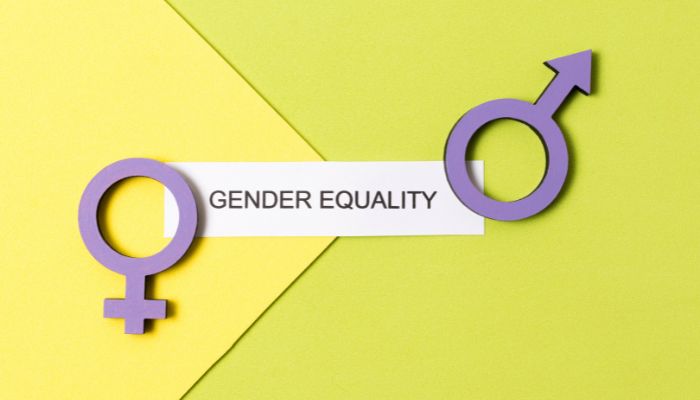In the universe of human existence, the pursuit of happiness weaves seamlessly with the quest for economic prosperity. As we commemorate the International Day of Happiness on March 20th, let’s embark on a journey to unravel the intricate connection between these two facets of life. Ruma Batheja, Director of People, Technology, and Transformation at Knowledgetics Research says “Happiness Index correlates with both biological and behavioural factors. However, in the contemporary era, one needs to re-look at it from an unconventional and comprehensive perspective that is beyond traditional metrics of measurement. This must involve subjective and objective indicators to create composite indexes and then real-time data analysis to capture its relevance for accurate measurement”.
Let’s explore how unconventional metrics and comprehensive perspectives reshape our understanding of well-being in the contemporary era and rank the top 6 countries on the Happiness Index.
1. Finland:
Ranking consistently high on the Happiness Index, Finland epitomises the convergence of economic prosperity and personal well-being. Despite its relatively high taxation rates, Finland boasts a robust welfare system, providing citizens with access to healthcare, education, and social services. With a per capita income surpassing $50,000, Finland showcases how a strong social support system contributes to overall happiness.
2. Denmark:
Denmark’s emphasis on work-life balance and social cohesion catapults it to the top echelons of the Happiness Index. Despite its generous welfare state, Denmark maintains a thriving economy, driven by innovation and entrepreneurship. With a per capita income exceeding $55,000, Denmark exemplifies how societal harmony fosters individual contentment.
3. Switzerland:
Renowned for its picturesque landscapes and economic prowess, Switzerland stands as a symbol of prosperity and happiness. Boasting a per capita income surpassing $85,000, Switzerland’s high standard of living is complemented by its strong sense of community and cultural heritage. By prioritising both economic advancement and social cohesion, Switzerland sets a benchmark for holistic well-being.
4. Bhutan:
Diverging from traditional GDP-centric metrics, Bhutan embraces a holistic approach to development through its Gross National Happiness (GNH) index. This Himalayan kingdom prioritises spiritual well-being, environmental conservation, and cultural preservation alongside economic growth. While Bhutan’s per capita income may not rival that of affluent nations, its emphasis on holistic well-being underscores the intrinsic value of non-material wealth.
5. United Arab Emirates (UAE):
Economic prosperity meets cultural diversity in the United Arab Emirates, reflecting a unique fusion of tradition and modernity. With a per capita income exceeding $70,000, the UAE’s rapid development is accompanied by investments in social infrastructure and quality of life. Despite its wealth, the UAE’s commitment to social cohesion and inclusivity plays a pivotal role in fostering happiness among its diverse populace.
6. New Zealand:
New Zealand’s breathtaking landscapes and laid-back lifestyle contribute to its high rankings on the Happiness Index. With a per capita income surpassing $45,000, New Zealand prioritises social welfare and environmental sustainability. By striking a balance between economic prosperity and ecological stewardship, New Zealand exemplifies the pursuit of holistic well-being.
In the pursuit of happiness, economic prosperity serves as a stepping stone rather than the ultimate destination. By embracing a holistic perspective that integrates subjective experiences and objective metrics, societies can foster a culture of well-being that transcends material wealth. As we commemorate the International Day of Happiness, let us aspire to build a world where prosperity flourishes hand in hand with personal fulfilment.
Embark on a journey through top-ranking countries on the Happiness Index, uncovering the interplay between economic prosperity and personal well-being. From Finland’s robust welfare system to Bhutan’s holistic development approach, these insights shed light on the keys to a fulfilling society.
References:
- Happiness Index: What is it and How does it work? | Tracking Happiness | Jan 2023
- The world’s happiest countries for 2023 | CNN | Mar 2023
- Top 20 happiest countries in the world in 2023 | Forbes | Dec 2023
You might also be interested to read: Green Economy Initiatives and Carbon Zero Goals






